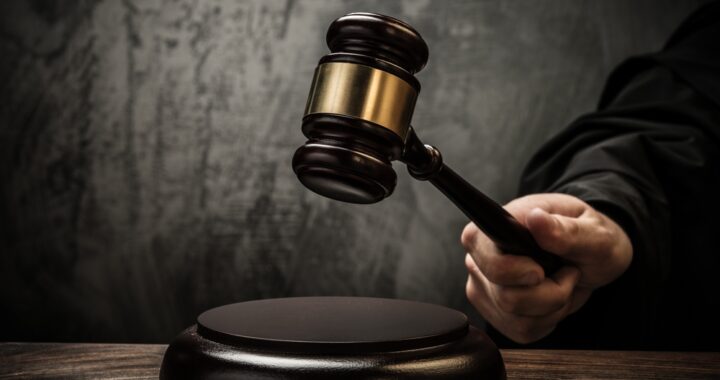A number of construction disputes, if tried, are tried through a bench trial meaning the judge is serving in the role of the jury in the construction trial. In a bench trial, two points are important. First, “the factual findings of the judge are entitled to the weight of a jury verdict.” Q.G.S. Development, Inc. v. National Lining Systems, Inc., 2024 WL 357984 (Fla. 3d DCA 2024) (internal quotation and citation omitted). Second, “[t]he appellate court is only authorized to reverse if such findings are not supported by competent, substantial evidence.” Id. These two points need to be appreciated when participating in any construction dispute that will be resolved through a bench trial.
A recent construction dispute highlights these two points. In Q.G.S. Development, a contractor was hired to refurbish a golf course which included constructing a lake. The contractor was going to construct the lake, prepare the subgrade, perform dewatering, and it hired a subcontractor to install a reservoir liner at the bottom of the lake.
The subcontractor expressed concerns regarding the site conditions. Nevertheless, it installed the reservoir liner. However, after it submitted its final invoice to the contractor, portions of the liner began to lift. Before the subcontractor could provide remediation, an employee of the contractor cut the liner. The subcontractor implemented repairs to the liner but the repairs didn’t work. A subsequent survey revealed leaks in the liner. The lake was drained and the subcontractor performed the repairs to the liner. The subcontractor submitted invoices for the repairs and then sued the general contractor to collect its final payment along with its repair invoices. The case proceeded to a bench trial. After the bench trial, the judge entered judgment in favor of the subcontractor on its unpaid invoices based on its interpretation of the facts presented in evidence.
The contractor appealed arguing the judge got the facts wrong. The contractor lost the appeal. Here is why – there was competent, substantial evidence supporting the trial court’s findings in favor of the subcontractor. The appellate court’s scope of review of a bench trial “does not entail examining evidence that potentially supports a different result. Instead, we must only determine whether the findings of the trial court are supported by competent, substantial evidence.” Q.G.S. Development, supra, at *2. Thus, the “appellate court should interpret the record and all reasonable inferences and deductions capable of being drawn therefrom in the light most favor to sustain [the trial court’s] conclusions.” Id. (internal citation and quotation omitted).
Please contact David Adelstein at dadelstein@gmail.com or (954) 361-4720 if you have questions or would like more information regarding this article. You can follow David Adelstein on Twitter @DavidAdelstein1.

 Here is a quote from a judge in an order after the bench trial of a complex
Here is a quote from a judge in an order after the bench trial of a complex